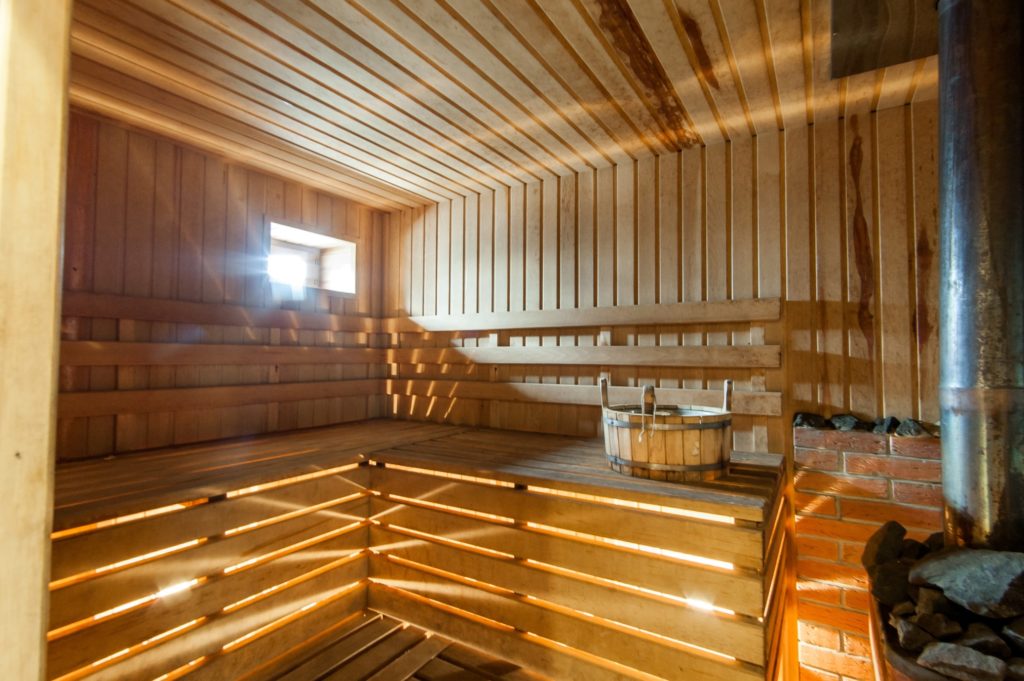Saunas have been a popular way of relaxing for thousands of years. A typical sauna is a room that is heated between 160 and 212 degrees. Some saunas offer dry heat, while others provide a more humid experience. Unfortunately, most people only get the chance to use a sauna at a gym or other shared facility. Purchasing a sauna, however, could allow private enjoyment at any time.
Benefits of a Sauna
There are many benefits that could prompt a homeowner to buy indoor sauna online. The biggest benefit of owning a sauna is being able to enjoy the relaxing experience whenever they want without needing to share the room with others.
Saunas also provide health benefits for some users. While in the heat of a sauna, the heart rate increases, and the blood vessels dilate. This increases circulation in a similar way as exercising does. This increased circulation can help ease pain and relieve sore muscles and joints. It also reduces stress levels that can also improve cardiovascular health.
Saunas have also been associated with aiding in the healing of some skin problems. It also may provide relief for asthma sufferers by loosening phlegm, opening airways, and reducing stress. There are even some research studies showing a link between regular sauna usage and reduced risk of Alzheimer’s.
Types of Saunas
There are two basic types of saunas. The traditional type of sauna provides a more humid heat. These are the ones that allow the user to douse stones with water for steam. They provide heat between 150 and 220 degrees. There is also the infrared sauna that is a dry heat that gets between 140 and 160 degrees.
Installing a Sauna
Installing a sauna is not a difficult task. A level floor, enough space, and an area to attach the 220V electrical connection. For those choosing the traditional sauna, a drain in the floor can make installation easier but is not a necessity.
If planning to put the sauna outdoors, pouring a concrete slab may be a good idea to ensure the sauna is flat and off the ground. It is also important to have a professional electrician install the connection for the unit. To ensure a properly functioning sauna that lasts, it may be a good idea to have the entire unit professionally installed.
Cons of Installing a Sauna
As with everything, there are some downsides to installing and owning a sauna. Installation, repair, maintenance, and even energy costs can be quite expensive. This expense may not be justified if the sauna is not used regularly. The sauna will also take up valuable space in the home. A traditional sauna may even promote mold or mildew growth due to the humidity.
There are also some health issues that may be associated with the use of a sauna. Dehydration is a common problem. It is important to always drink plenty of fluids. Avoiding alcohol is also important because it can increase the risk of dehydration and some heart-related issues.
There are other medical conditions that may not tolerate excessive time in a sauna. It is always best to speak with a doctor before using. However, in general, moderate use of a sauna appears to be safe for most people and can be quite enjoyable.

